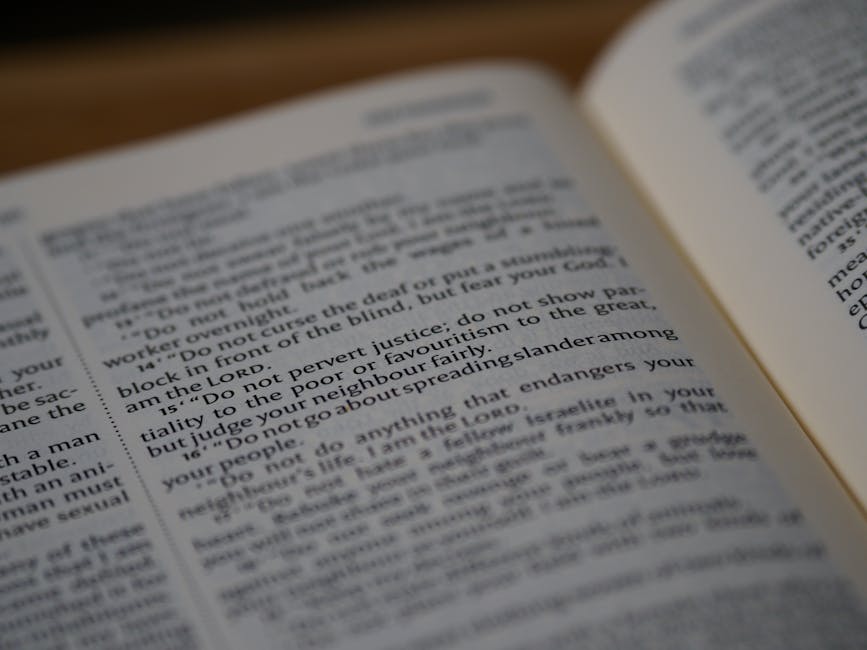Supreme Court To Hear Sonam Wangchuk’s Plea Today
In a significant development, the Supreme Court of India is set to hear the plea of renowned environmentalist and innovator Sonam Wangchuk today. Wangchuk, a Ramon Magsaysay Award recipient and the inspiration behind the character Phunsukh Wangdu in the Bollywood blockbuster 3 Idiots, has been a leading voice for environmental and educational initiatives in Ladakh. His latest legal battle revolves around allegations of a “virtual house arrest” in Leh, as claimed by his wife.
Allegations Of Virtual House Arrest
Wangchuk’s wife has raised concerns over his safety and freedom, alleging that he has been confined to his home in Leh with restricted movement and limited access to communication channels. She termed the situation a “virtual house arrest” and accused the authorities of attempting to silence his voice. The controversy stems from Wangchuk’s advocacy for the implementation of the Sixth Schedule in Ladakh, which would grant the region greater autonomy and protect its unique cultural and environmental heritage.
The Legal Battle And Broader Implications
The plea before the Supreme Court seeks immediate intervention to ensure Wangchuk’s safety and freedom of movement. It also highlights the broader issue of the rights of activists and individuals advocating for environmental and regional causes in India. The hearing is expected to address the legality of the restrictions imposed on Wangchuk and whether they violate his fundamental rights under the Indian Constitution.
Support And Protests For Wangchuk
Wangchuk’s supporters have rallied behind him, organizing protests and social media campaigns under the hashtag #FreeSonamWangchuk. Environmentalists, academics, and civil society members have expressed concern, emphasizing the importance of safeguarding freedom of expression in a democracy.
Administration’s Response And Ladakh’s Demand For Autonomy
The Leh administration has denied the allegations, stating that Wangchuk is free to move and that any restrictions are in place for his safety due to the sensitive nature of ongoing protests. Critics, however, argue that the measures are disproportionate and aimed at stifling dissent. This case has brought attention to Ladakh’s demand for inclusion under the Sixth Schedule of the Constitution, a movement Wangchuk has championed since the abrogation of Article 370 in 2019.
What’s Next?
The Supreme Court’s decision is expected to have far-reaching implications for Wangchuk, the rights of activists, and the autonomy of regions like Ladakh. As the hearing unfolds, all eyes will be on the apex court to see how it balances administrative concerns with fundamental rights.
Stay tuned to NextMinuteNews for live updates on the Supreme Court hearing and further developments in this unfolding story.




